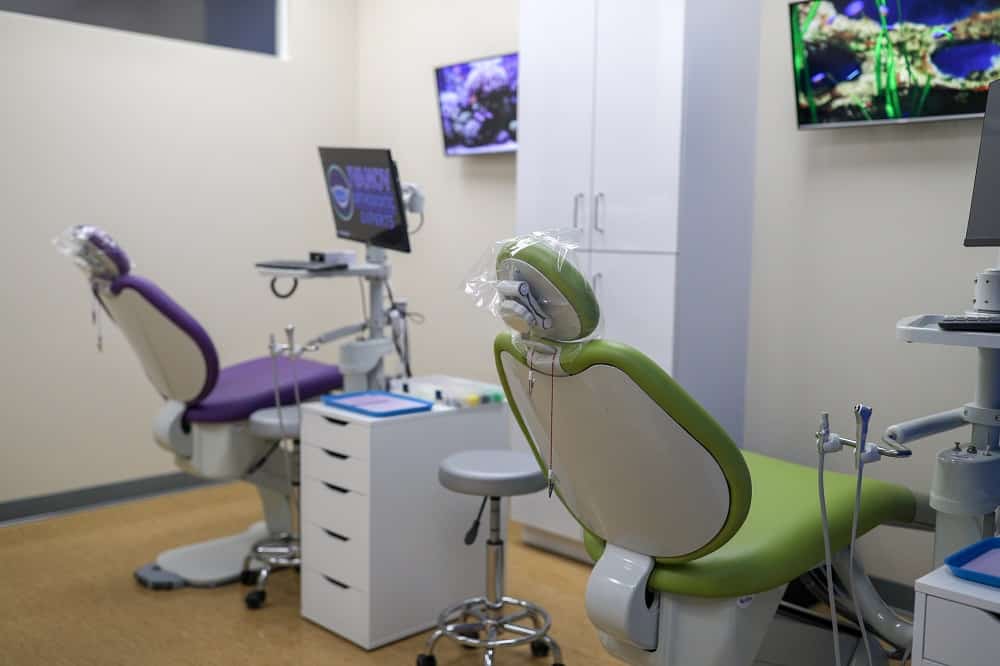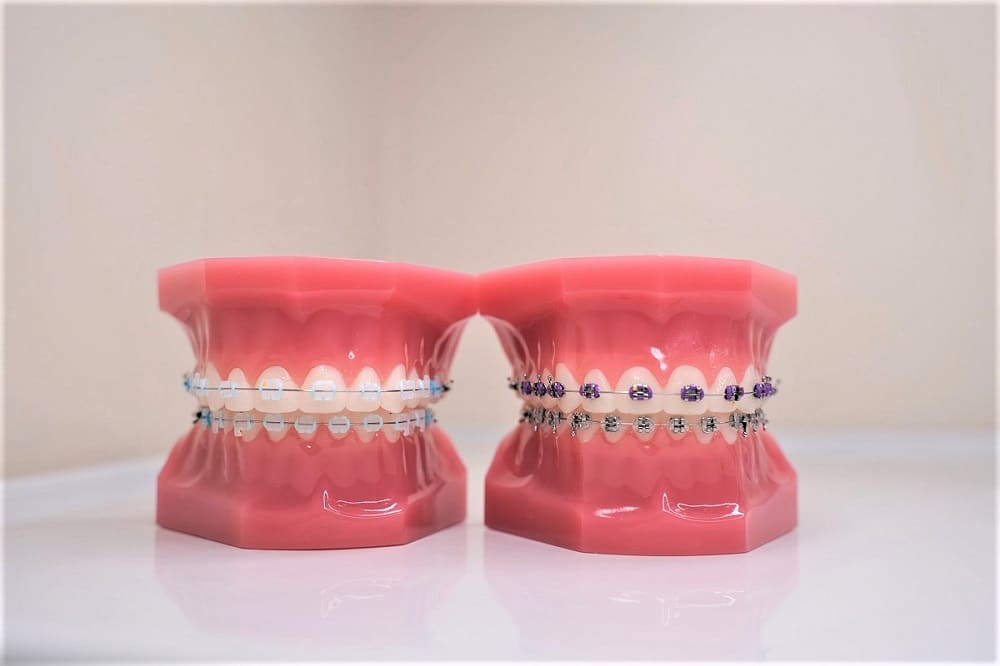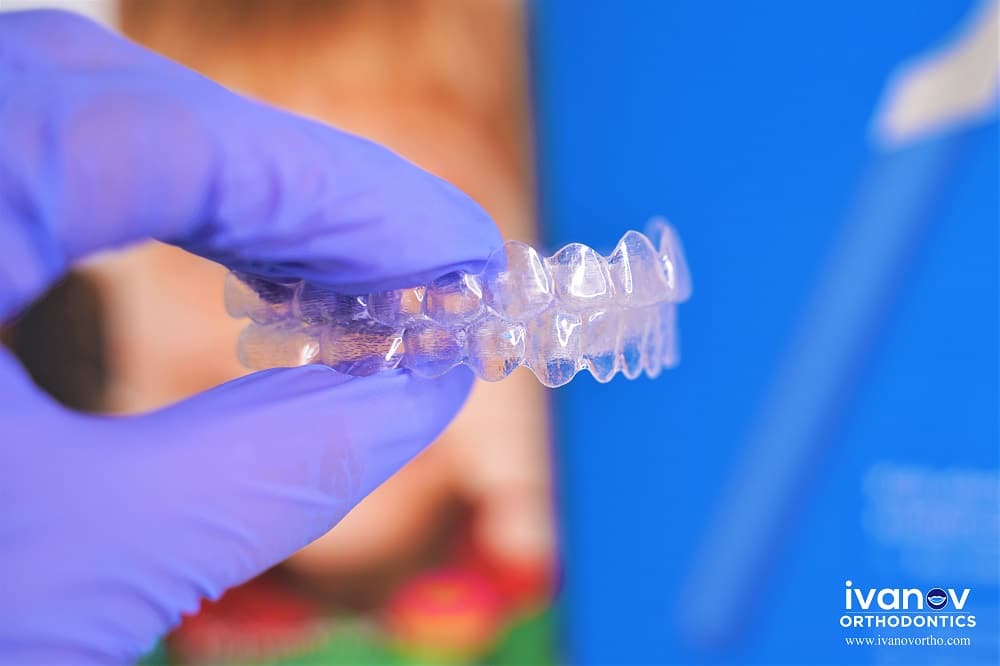How Much Does Wisdom Teeth Removal Cost and Types of Impactions?

How Much Does Wisdom Teeth Removal Cost?
Wisdom teeth are the third and biggest molars within the oral cavity. Although usually the last to rise, wisdom teeth can still cause a number of dental issues. Wisdom teeth are very sensitive even in the gums and can cause issues before they fully erupt. As wisdom teeth are less visible and less necessary than other teeth, many patients undergo wisdom teeth extraction. However, before undergoing the treatment itself, there are several factors you have to consider first. Some of those include the total cost of the procedure, your eligibility for it, and the severity of your dental issue.
Before we get to the actual wisdom teeth treatment, let’s explore the importance of wisdom teeth in our oral health. With that, we will also look into how wisdom teeth extraction plays a key role in your mandatory dental care.
Why are they called ‘wisdom’ teeth?
When first discovered in the 1600s, wisdom teeth were initially called ‘teeth of wisdom’. However, the name changed to ‘wisdom teeth’ in 1848. Wisdom teeth are expected to grow between the age of 17 and 24, which means the individual becomes older, and therefore, wiser.
Another interesting fact to know is that wisdom teeth begin forming only after we are born.
Why do we need wisdom teeth?
Wisdom teeth are actually historically important, as they helped our ancestors chew on harder foods found in nature. With evolution, the human faces began decreasing in size, making our ‘modern-day’ jaws too tight for wisdom teeth. Sometimes, wisdom teeth removal is necessary. This happens when the patient needs more jaw space and/or is planning to install dental implants.
Interestingly, while most people develop wisdom teeth, 35% of Americans will never grow these molars.
What Are Impacted Wisdom Teeth?
Impacted wisdom teeth fully erupt molars that cannot penetrate the gum and pop up into their natural place. Most issues with impacted wisdom teeth have to do with teeth crowding or teeth misalignment. Instead of growing upright, impacted wisdom teeth tend to grow in other directions, like sideways, backward, and even tilted. In graver cases, impacted wisdom teeth may even remain stuck under the jawbone, which then begins affecting the other teeth.
Initially, impacted wisdom teeth do not show any indications of a problem. However, these molars tend to go from good to bad in no time. Therefore, it is important for you to monitor their development in due time. This way, you can decide on suitable treatment and take necessary and timely measures.
Some of the symptoms of impacted teeth include continuous jaw pain, discomfort in ‘neighbor’ teeth, and tenderness. If you fail to notice impacted wisdom teeth, they can soon become infected and can cause a variety of other issues as well. Some of these may even include fractured jaw or cracking of the nearby teeth.
Impacted wisdom teeth: How are they classified?
Even in wisdom teeth, there are several different types of problems that may occur. Some of the most common include:
Angulation Issues
The main wisdom teeth angulation problems include:
Mesial Impaction.
This represents a standard type of impaction in the wisdom teeth. It is typically characterized by angling of the tooth in the direction of the mouth opening.
Horizontal Impaction.
This is an occurrence in which the wisdom tooth is resting on its side and doesn’t show any signs of erupting.
Distal Impaction.
This type of angulation happens when the wisdom teeth erupt towards the back of your mouth.
Vertical Impaction.
In this case, the wisdom tooth has vertically erupted, and it is considered a normal posture of the tooth.
Tissue Issues
Impacted wisdom teeth can sometimes cause complications in the oral tissues, like:
Soft Tissue Impaction.
This occurs when the upper part of the wisdom tooth penetrated the bone but did not protrude to the gums.
Partial Bony Impaction.
Here, the wisdom teeth are mostly fixed inside the bone, with a small area of the tooth peeking out.
Full Bony Impaction.
In this case, the wisdom tooth is still inside the jawbone, not showing any eruption signs.
Will I be awake during my wisdom teeth removal?
Before you undergo wisdom teeth removal cost Miami, you should definitely come up with a proper treatment plan. This includes making X-rays of the teeth and having them checked by your dentist for further evaluation. Typically, many patients want to know whether the extraction is painful. Depending on your tolerance, your wisdom teeth removal can be uncomfortable and somewhat painful. However, the dental surgeon will have your teeth pulled by using a local anesthetic. As a result, this will help avoid any extensive pain.
To answer the question, you will be awake for your wisdom teeth removal. But, given that everything goes well, the procedure won’t take long. At times, if your doctor fears an infection, he or she might recommend antibiotics. For some patients who fear sudden pain, the dentist or oral surgeon may recommend using IV sedation ahead of time.
How will I feel after wisdom teeth removal?
After having your wisdom teeth removed, you might experience swelling, numbness, or pain in the jaw joint. Depending on your particular case, your doctor might even use stitches to keep the teeth hole safe from bacteria. The stitches come off in a week, but again, the wisdom teeth healing process largely depends on your dental profile.
In terms of after-treatment, you might need to hold ice packs on the face to avoid additional swelling in the area. Still, to avoid additional problems, don’t overuse the ice wraps technique.
Are there risks to wisdom teeth extraction surgery?
According to experts, wisdom teeth removal surgery delivers almost no risks. Also, know that all surgeons extracting wisdom teeth have lots of experience in the procedure. In addition, they have done the procedure on multiple occasions. In most patients, complications during the wisdom tooth extraction are brought to a minimum.
Speaking of risks, the average cost of wisdom teeth removal can sometimes end with nerve damage. The type of nerve damage can either be permanent or temporary. Another risk of the procedure is a dry socket, which happens when a blood clot exposes the nerves and jaw bone. Some patients have also felt nausea after getting their wisdom teeth removed. You can easily fix this problem by drinking a glass of ginger ale or a similar relaxant.
Why is it important to surgically remove wisdom teeth?
One of the most important reasons why wisdom teeth removal is important is hygiene. Namely, wisdom teeth are located all the way back in the jaw. Because of this, they are harder to keep clean, which can lead to tooth decay and caries.
When is it best to have my wisdom teeth pulled?
The surgery is mostly recommended for teenagers and adolescents, as the healing time is shorter. However, many adults undergo wisdom teeth extraction later on. While this does not take away from the effects, it prolongs the healing process. Some adults wait years for their wisdom teeth to erupt. As wisdom teeth don’t cause immediate problems, these can be detected and treated later on.
Ignoring the need to extract your wisdom teeth can lead to other dental health complications like:
– Severe tooth and jaw pain, especially when resting. The pain tends to go away once you begin moving around.
– Causing damage to nearby teeth, including nerve inflammation, root problems, and more.
– Ear infection, as a result of the strain wisdom teeth, put on the jaw.
– Jaw and bite damage, especially if there are teeth crowding.
– Wisdom teeth decay.
– Very long recovery time and the need for other dental procedures.
– Gum inflammation and bacteria.
– Sinus-related problems.
– Soft tissue impaction (painful and tender).
– Bony impaction in the wisdom tooth area.
– Constant infections in the mouth, like sores and irritation.
– The occurrence of cysts or tumors, especially around impacted wisdom teeth.
Still, before consenting to the surgery, visit your dental surgeon’s office for a detailed consultation.
How much does wisdom tooth removal cost? Does a dental insurance plan cover some of the costs?
Choosing to extract your wisdom teeth is oftentimes a decision based on finances. Namely, many patients find it expensive to have their wisdom teeth removed. The simplest cases of wisdom tooth removal range from $75 to $200 per tooth.
How much does it cost to get all 4 wisdom teeth removed?
If all four molars are removed, the wisdom teeth removal costs can range from $600 to $1800.
How much does it cost to remove wisdom teeth under general anesthesia?
In case you need a general anesthesia surgery, the cost to remove wisdom teeth with general anesthesia can add from $500 to $2000 to the bill. Still, know that general anesthesia is not practiced unless we’re talking about complex procedures.
How much does wisdom teeth removal cost without insurance?
All in all, on average, wisdom teeth removal costs without insurance reaches from $230-$340. In patients with impacted wisdom teeth, the removal procedure can cost from $225 to $600.
How much does having wisdom teeth removal cost with insurance?
In wisdom teeth removal with insurance, it can cover half the costs, if the issue is medically required. On the other hand, an annual dental plan, including wisdom teeth removal, can range from $1,000 to $1,500. The total cost will depend on the diagnosis and the insurance companies which manage your policy.
Should I remove all of my wisdom teeth?
This decision is mainly for the patients. Patients who have only one or two ‘stubborn’ wisdom teeth can decide to either extract the two or all four. While non-problematic wisdom teeth do not require removal, they tend to shift inside the gums. With this, they tend to cause other dental issues. Sometimes, wisdom teeth (even if erupting normally), cause teeth crowding or root inflammation. This is one of the reasons why so many patients opt for extraction.
What should I know before removing all four wisdom teeth?
Keep in mind that if you decide to remove all wisdom teeth, you might not be able to do it all in one session. As a result, this will mean higher costs for anesthesia and additional treatment. Ultimately, it is best you consult your dentist or oral surgeon and determine what is best for you, health-wise.
Last, but not least, if you do undergo wisdom teeth removal, be disciplined in following the given medical instructions. In return, this will not only help you heal faster but will prevent additional dental complications.
How do I maintain hygiene after my wisdom teeth removal?
If you have stitches after extracting your wisdom teeth, it is best you steer clear of brushing the area. If you notice bleeding, bite on a tea bag and hold it for 30 minutes. Should the bleeding continue, contact your dentist’s office at once? To prevent additional bleeding, avoid exercising and sitting upright for as long as possible. The bleeding normally stops the same night after getting extracting your teeth.
Try carefully rinsing the area with a suitable solution. Make sure to steer clear of alcohol-based solutions, as they may cause pain in the extraction wounds. To avoid bacteria and infections, rinse the area with a salt-water solution.
If you are feeling any pain, use a soft brush and floss the neighboring teeth gently.
What foods and drinks can I consume after extracting my wisdom teeth?
After having your wisdom set of molars extracted, you will feel pressure and discomfort in the jaw and gum. Because of this, you might lack appetite, but you are free to eat if you can handle it. To prevent irritating the area, eat softer foods during the first week since the teeth removal. Foods like mashed potatoes, soups, and yogurt will keep you full and won’t cause any harm to the affected area. At the same time, avoid alcohol and sugary drinks, as they can cause gum irritation. The best way to keep hydrated after removing your wisdom teeth is by drinking up to 6 glasses of water per day. In addition, this will also help speed up the healing process.
Experiences matter, which is why you can research the procedure on the internet. As a common surgical procedure in dentistry, wisdom teeth extraction is truly nothing to fear. Finally, for an excellent insight into wisdom teeth removal Miami, visit Reddit or similar forums.
Contact Us
IVANOV Orthodontics, 12866 Biscayne Blvd, North Miami, FL 33181 https://www.google.com/maps?cid=154326063970645489
Call us at (786) 540-1919 to schedule a free orthodontic exam.




